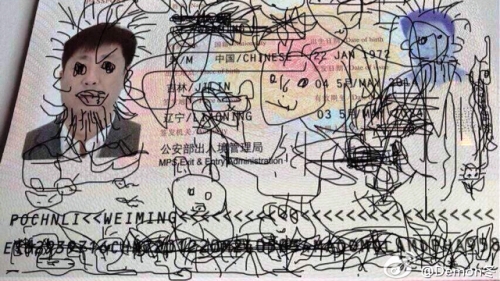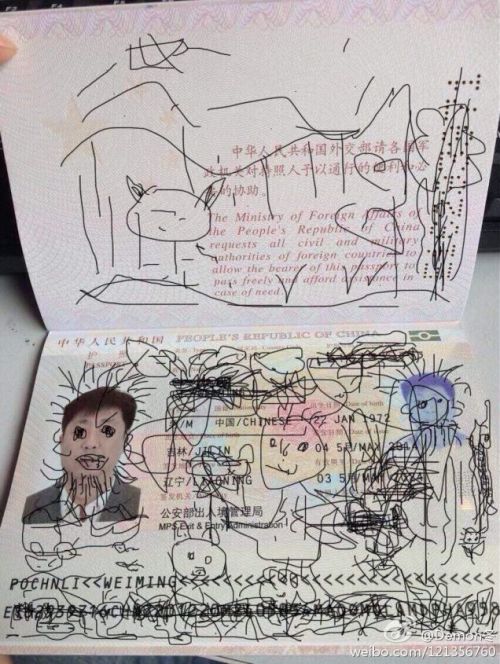These Are The Top 10 New Online Pop-Culture Memes in China
Posted: 12/29/2014 9:30 amWith each passing year comes a new crop of pop-culture phrases. And regardless of origin, be it TV, music, or trending websites, only a select few survive beyond their 15 minutes of fame.
The Chinese National Language Monitoring and Research Center has compiled a list of the most popular Chinese phrases of 2014 based on an online poll. Which, if any, do you think will stand the test of time?
1. Mengmengda (萌萌哒)
Since we can only say 可愛 so many times, a new phrase has been created to describe babies, children, small animals, and adult women in China. Meaning “extremely cute”, the phrase comes from Japanese manga and anime, and is frequently used on the Douban website.
2. “It’s so beautiful that I don’t dare open my eyes” (这画面太美,我不敢看)
Taken from Prague Plaza, the Jolin Tsai song featuring Jay Chou, this phrase takes the earnestness of Mandopop and subverts it into a sarcastic way to describe a weird situation.
3. Facekini (脸基尼)
Used to protect the face from unwanted tanning, this term speaks to the influential rise of the “Chinese auntie”; the same group of women responsible for buying up gold, and terrorizing public plazas with their dancing. The facekini garnered international recognition when it was featured in a pictorial by the popular Parisian fashion magazine CR Fashion Book.
4. Doubi (逗比)
Unlike its more commonly used cousin “shabi“, Doubi carries more positive connotations. The term is used to describe someone who is funny in a strange or silly way.
5. “No zuo, no die”
A meme unto its own, this Chinglish phrase is used to express smugness at the imminent failure of others. Exclusively written in English, it’s a way to tell others not to be stupid.
6. ”[I] too, am drunk” (也是醉了)
With origins that may either be a literary way to offset the flattery of others with irony, or an expression of a local dialect to show helplessness, what is known for certain about this phrase is that online gamers use it to deride players who have performed poorly. It has also become a reply to Internet posts or comments that don’t make any sense.
7. APEC Blue
Used to describe a brilliant blue sky, something of a rarity in Beijing, the phrase comes from the extraordinary lengths taken by the Chinese government to ensure the international summit, held in Beijing earlier this year, was free of any air pollution. Despite officials’ insistence that this phenomenon would become commonplace in the smoggy capital, the phrase has gone on to describe something that is both beautiful, yet fleeting.
8 Wealthy and Unrestrained (有钱人性)
This phrase originates from the response of netizens to an April news story about a man who knew he was being swindled, but kept paying money out of curiosity. It’s now used to ridicule people for doing strange things because of money, like building a private elevator.
9. Pulling hatred (拉仇恨)
The rise of the tuhao, or newly rich that aren’t cultured or educated, has meant that China needed a term to describe them. That’s what this phrase speaks to: the hatred and jealousy caused by tuhao boasting about their money.
10. “You can, you up; no can, no BB”
This phrase means “don’t criticize if you can’t do it yourself”. Along with “no zuo no die”, this phrase was lauded by Chinese newspapers as an achievement of Chinese culture for having made it into the user-submitted website, Urban Dictionary.
Photo: kaifu

















